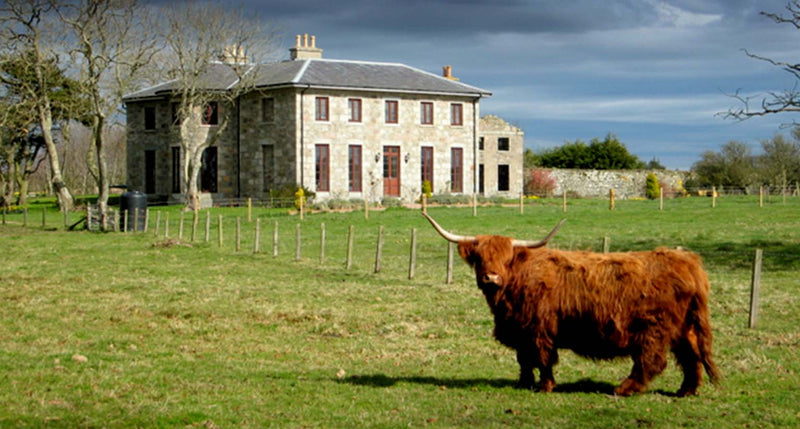There a couple of theories as to the origin of this name; one is from the Anglo-Saxon ‘lisse’ which means ‘happy’, another is that it comes from the Norse for ‘stirring fellow’, and yet another recent suggestion has been that it comes from Liscus, chief of the Haedui, a tribe of Gauls described by Julius […]
Tag Archives: Leask Clan History
There a couple of theories as to the origin of this name; one is from the Anglo-Saxon ‘lisse’ which means ‘happy’, another is that it comes from the Norse for ‘stirring fellow’, and yet another recent suggestion has been that it comes from Liscus, chief of the Haedui, a tribe of Gauls described by Julius Caesar in his Gallic Wars. Also, the Castle of Boulogne, once the possession of Charlemagne, at one time belonged to a family called de Lesque.
William de Laskereske’s signature appears on the Ragman Roll in 1296 and later in 1345 William Leask was granted lands of Leskgoroune by David II, the son of Robert the Bruce.
The second chief was baillie of the barony of Findon. He inherited lands from Henry de Brogan, Lord of Achlowne, in 1390, later in the 1400’s another branch of the family sprung up on Orkney after Jamis of Lask, younger son of Thomas de Lask of that Ilk settled there.
In 1513 the Line of Leask Chiefs suffered a double tragedy when both William Lask of that Ilk, 5th Chief, and his son, Alexander Lask of that Ilk, Younger, dsp, were both killed at the Battle of Flodden; the latter’s younger brother, William Lask, Burgess of Aberdeen, then became the 6th Leask Chief.
William Lesk of that Ilk, the seventh chief supported the infant James VI in opposition to his mother Mary Queen of Scots after the murder of Lord Darnley and her scandalous marriage to Bothwell.
Between 1615 and 1616 there appears to have been a disagreement of some sort between the Leasks and the neighboring Gordons. In all the recorded cases the Gordons appear to have been the aggressors; Adam Gordon, brother of the Laird of Gight assaulted Alexander Leask, then the son of the chief was attacked by George Gordon and finally William Leask of that Ilk was ambushed by John Gordon of Ardlogy and a party of armed men.
In the seventeenth century the Leasks suffered terribly by investing heavily in the Darien Venture. The venture was a disaster with a vast amount of Scotland’s wealth being lost which in some part led to the union of Scotland and England Alexander Leask of that Ilk, the thirteenth chief was forced to give up his estates which were taken over by Robert Cumming.
There are few family records until the latter half of the nineteenth century. Finally in 1963 some of the estates were bought back and the Leask society established with the assistance of well known Leasks such as Lieutenant General Sir Henry Leask, General Officer commanding the Army in Scotland.
Finally in 1968 the Lord Lyon recognised the present chief.

